Aims and scope of the workshop
The objective of the workshop is to obtain an overview of the envisaged photometric calibration and associated aspects specific to Euclid. A common understanding is important for the derivation of consistent photometric data from Euclid. The workshop information will be bundled and used as future reference during development and operations of the mission.
We want to address the following issues:
-
expected and achievable photometric accuracies
-
survey and calibration observing strategies
-
flux extraction and calibration methods
-
knowledge of instrumental parameters
-
external data, for e.g. photometric redshifts, but also flux standards
-
photometric consistency and repeatability
-
scientific validation
The impact of instrumental systematics and random errors must be carefully considered as part of the scientific interpretation. What are the photometric accuracies expected for different scientific purposes? The impact may be different for different purposes - for both the core science as well as legacy science. Discussing these issues should lead to a better understanding of the product definition in the Euclid archive.
Approach
The workshop sessions are driven by the calibration requirements and the data processing requirements for Euclid. Besides the collection of the Euclid (calibration) data, a major fraction of the workshop is dedicated to the calibration data processing aspects. The designated groups within the Euclid science ground segment responsible for the data processing algorithms - the Organisation Units - are invited to present their calibration tasks. This is followed by presentations about the validity of the approach and possible alternative ideas.
We also invite presentations addressing specific photometry needs for legacy science projects. An important workshop element is the sharing of experiences and lessons learnt from other ground and space based projects in the light of the Euclid needs.
Format
The workshop features invited presentations from the community and the Euclid SGS Organisation Units (OUs) involved in the Euclid photometric calibration process, contributed oral and poster presentations will be solicited in the Call for Abstracts.
Plenary sessions are foreseen for three days 20-22 September, and a round-table discussion is planned on 23 September to exchange ideas and enhance collaboration between interested parties.
Posters will be placed close to the lecture hall in Building D ground floor, the same place reserved for coffee breaks and poster viewing.
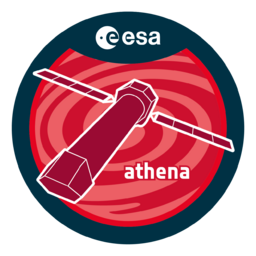
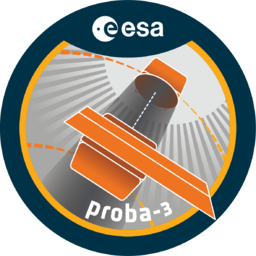
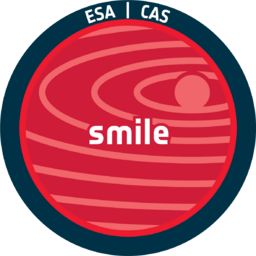
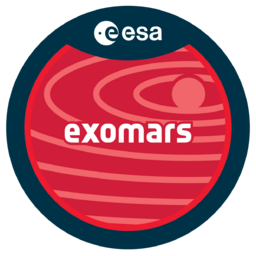
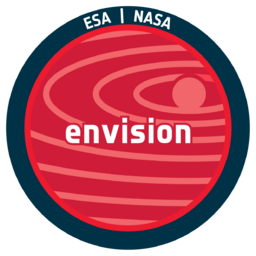
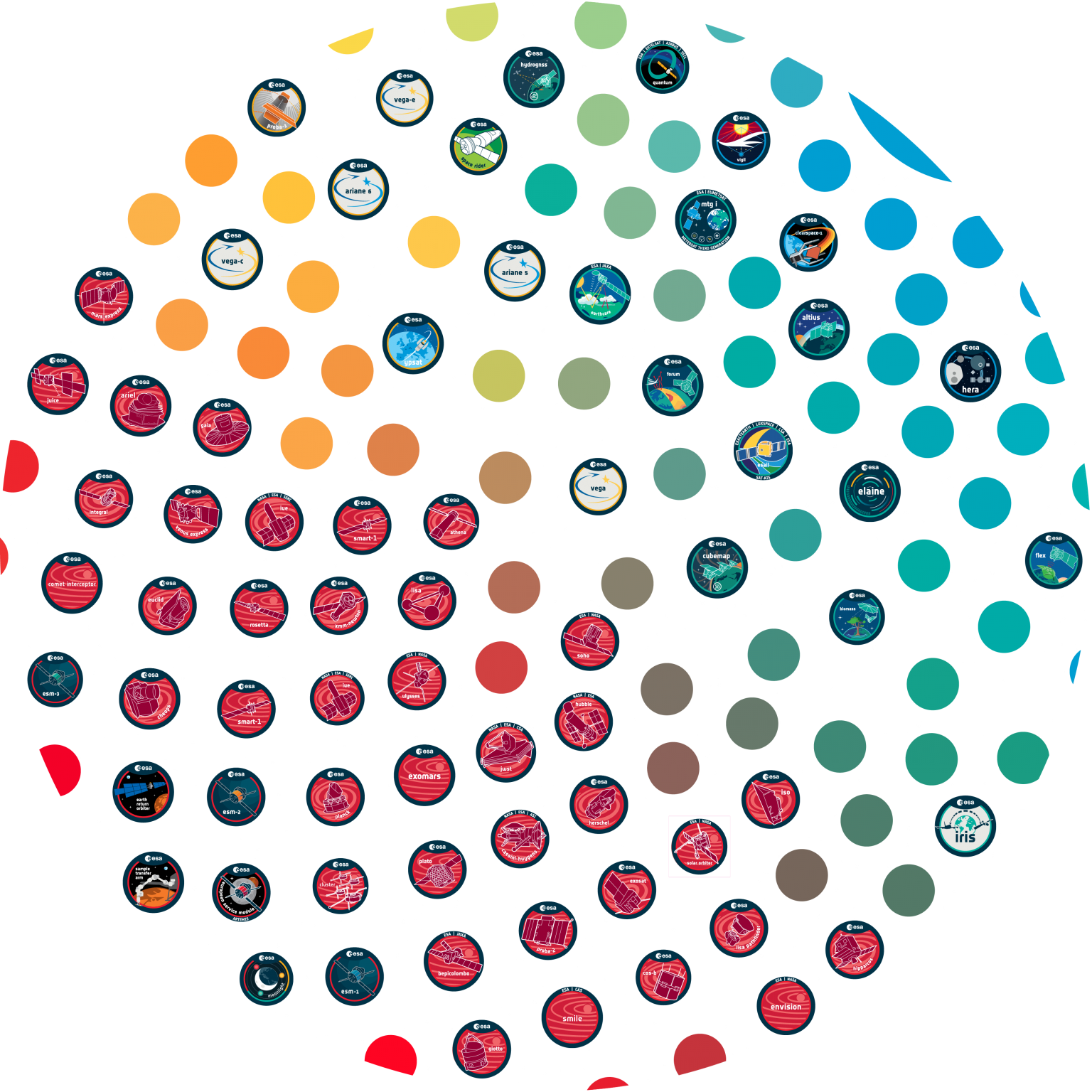
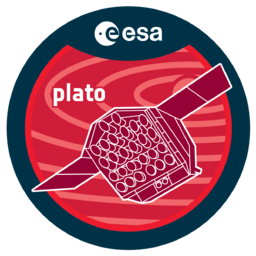
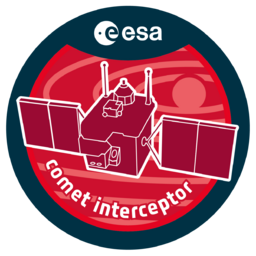

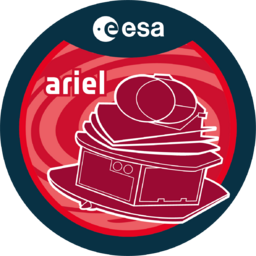
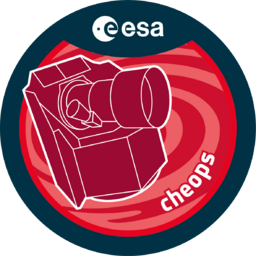
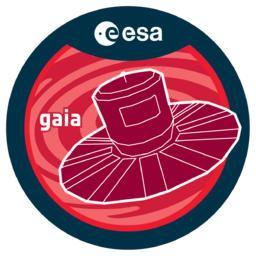
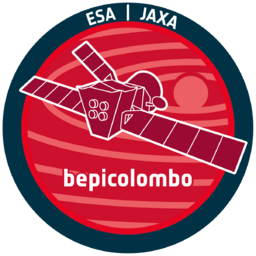
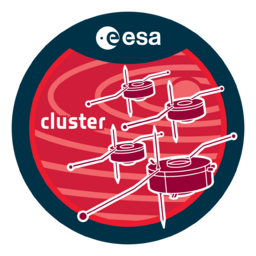
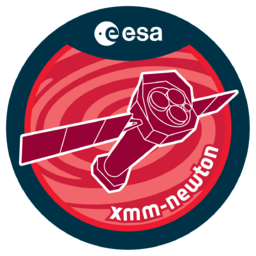
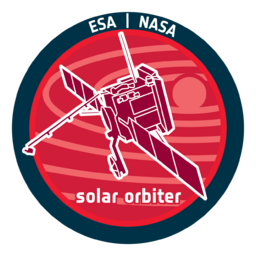
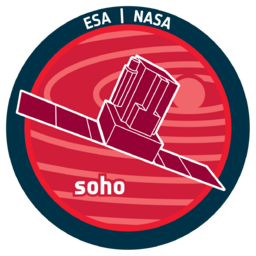
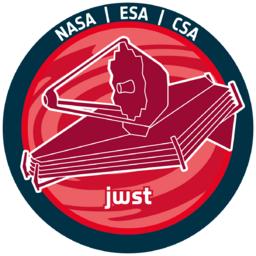
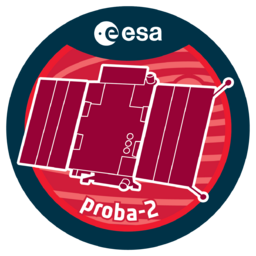
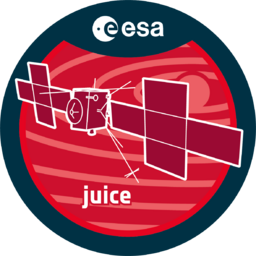
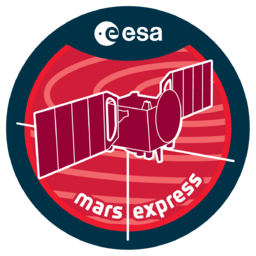
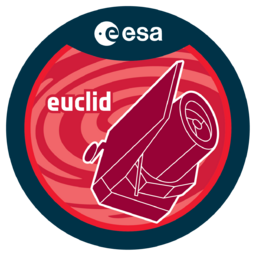
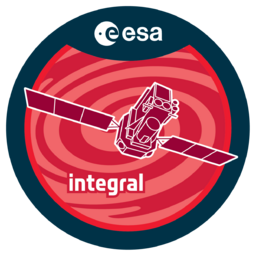
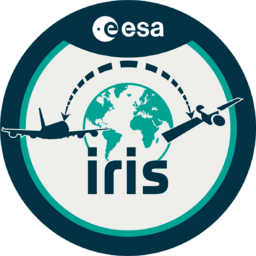
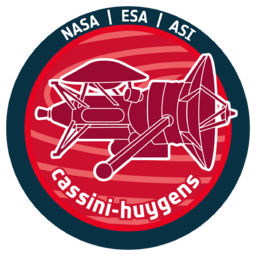
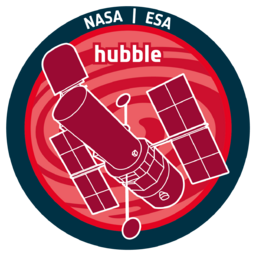
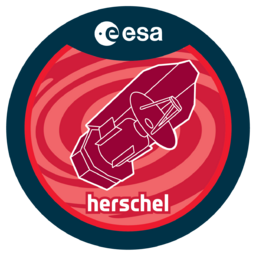
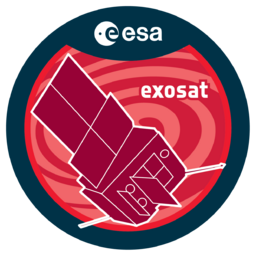
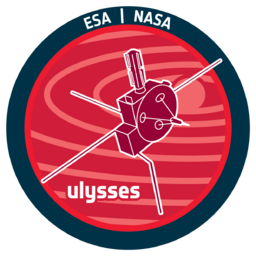
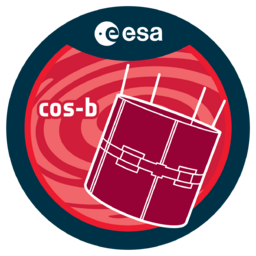
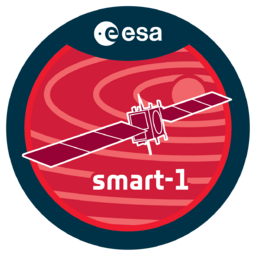
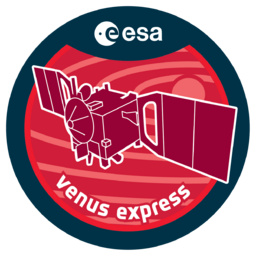
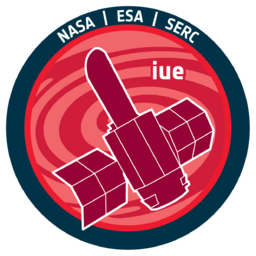
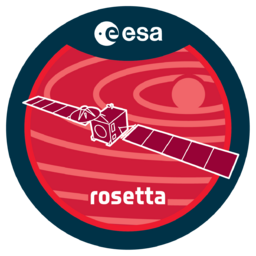
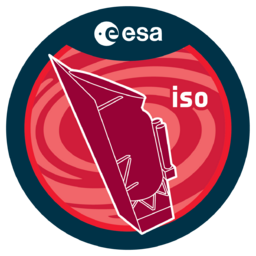

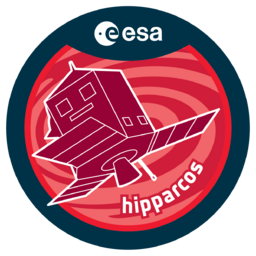
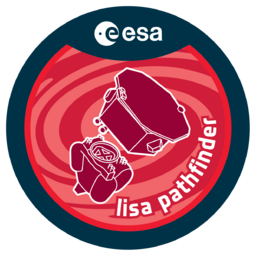
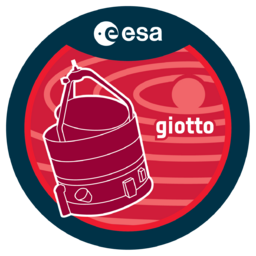

 Sign in
Sign in
 Science & Technology
Science & Technology